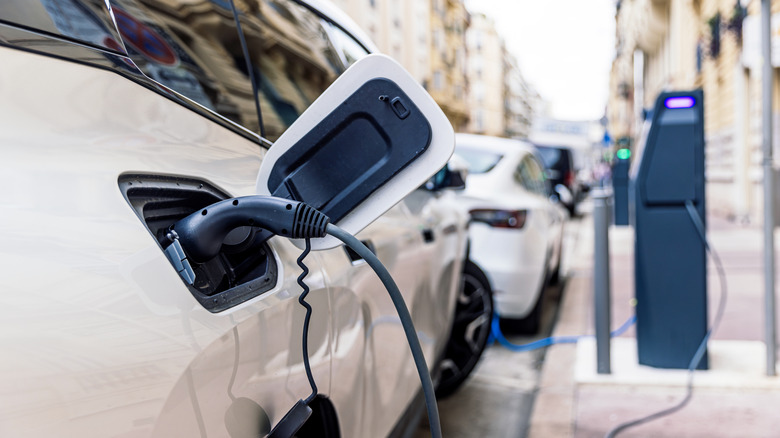California's EV Mandate Is Dead - What It Might Mean For Your Next Car Purchase
The US Senate has voted to end California's EV mandate, which originally aimed to phase out gas-powered cars by the year 2035. First introduced in 2020, the plan was to initiate a state-wide rule for all cars to be either a fully-electric vehicle (80%) or a hybrid ride (20%) by 2035. The core focus of the mandate was to improve the air quality standards and pass on the benefits of non-gas guzzlers to an average car buyer.
California Governor Gavin Newsom has protested the repeal. "This Senate vote is illegal. Republicans went around their own parliamentarian to defy decades of precedent," he said in a statement, adding that he plans to file a lawsuit and will fight the vote in court. Newson added that the policy reversal would cost an estimated $45 billion in health care costs to the state's taxpayers. California is the largest EV market in the country, accounting for nearly one-third of national EV sales as of 2025.
The mandate was part of the 1970 Clean Air Act, which allowed California to receive waivers from the government and set air quality and emission regulations independent of the federal norms. Approved in 2022, it covered cars, pickup trucks, and SUVs, setting a gradual zero-emission sales threshold of 35% in 2026, 68% by 2030, and 100% by 2035. Now that the Senate has voted to overturn the policy by a 51 to 44 vote, there are a lot of uncertainties about how it is going to affect the average car buyer.
Will I pay more for my car?
The U-turn on California's EV mandate is not going to have an immediate impact on the average car buyer's wallet. However, depending on the car model they pick — EV or gasoline — and how long they intend to keep it, they may take a hit. If you are purchasing a small or low-range electric car, they are still a tad more expensive than an entry-level gas-fueled car.
But the situation is pretty interesting on the upper end of the market."At least three manufacturers — Tesla, Hyundai-Kia and General Motors — now offer EVs with more than 300 miles (480 kilometers) of range for less than the cost of the average new vehicle sold in the US," says an analysis by Bloomberg. In a nutshell, long-range EVs will cost less upfront compared to a comparable fossil-driven alternative.
Jeff Bezos-backed Slate recently unveiled a convertible EV that starts at just about twenty thousand dollars. Those are the short-term economics on the cost of buying a car, but when you take into account the long-term cost of ownership, the scales shift again. At the same time, sales of EVs have declined recently, and multiple brands have adjusted their electrification goals, so there's that conundrum worth keeping in mind, as well.
Owning an electric car is significantly cheaper due to lower fuel costs and maintenance hassles. According to the California Air Resources Board, buyers can save up to $4,700 in fuel costs in the first year. Additionally, the falling price of batteries has ensured that EVs are getting more affordable across each price bracket.

